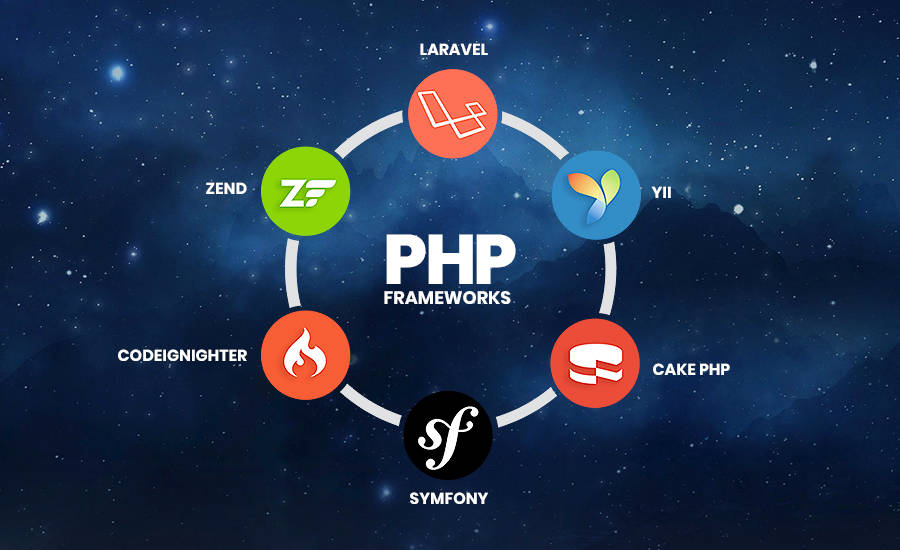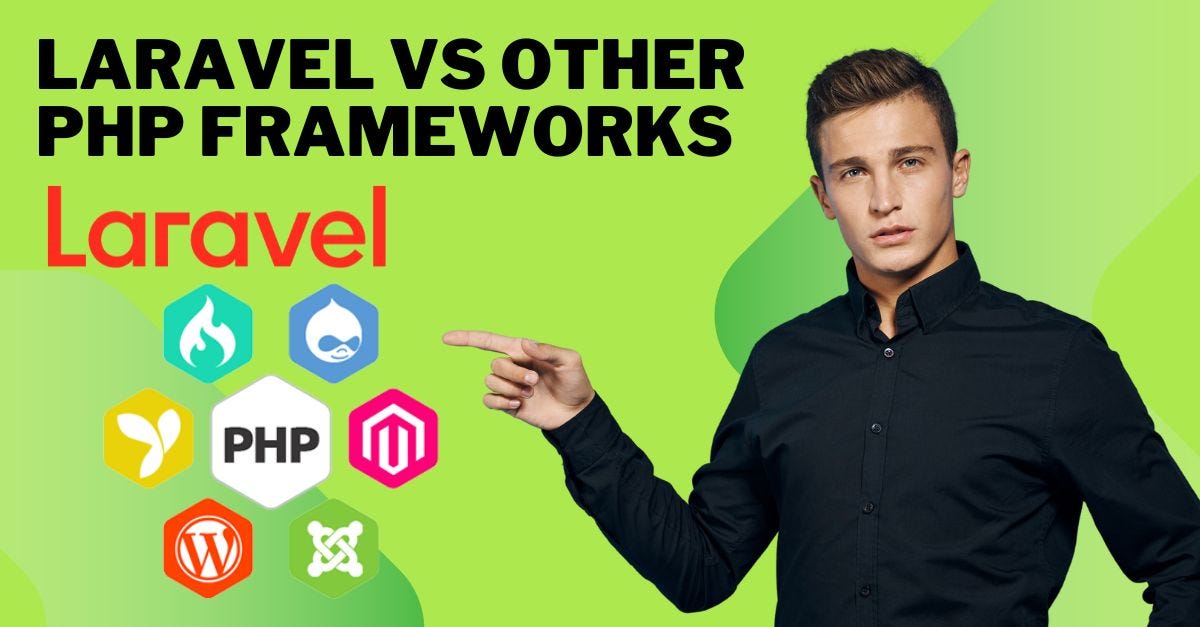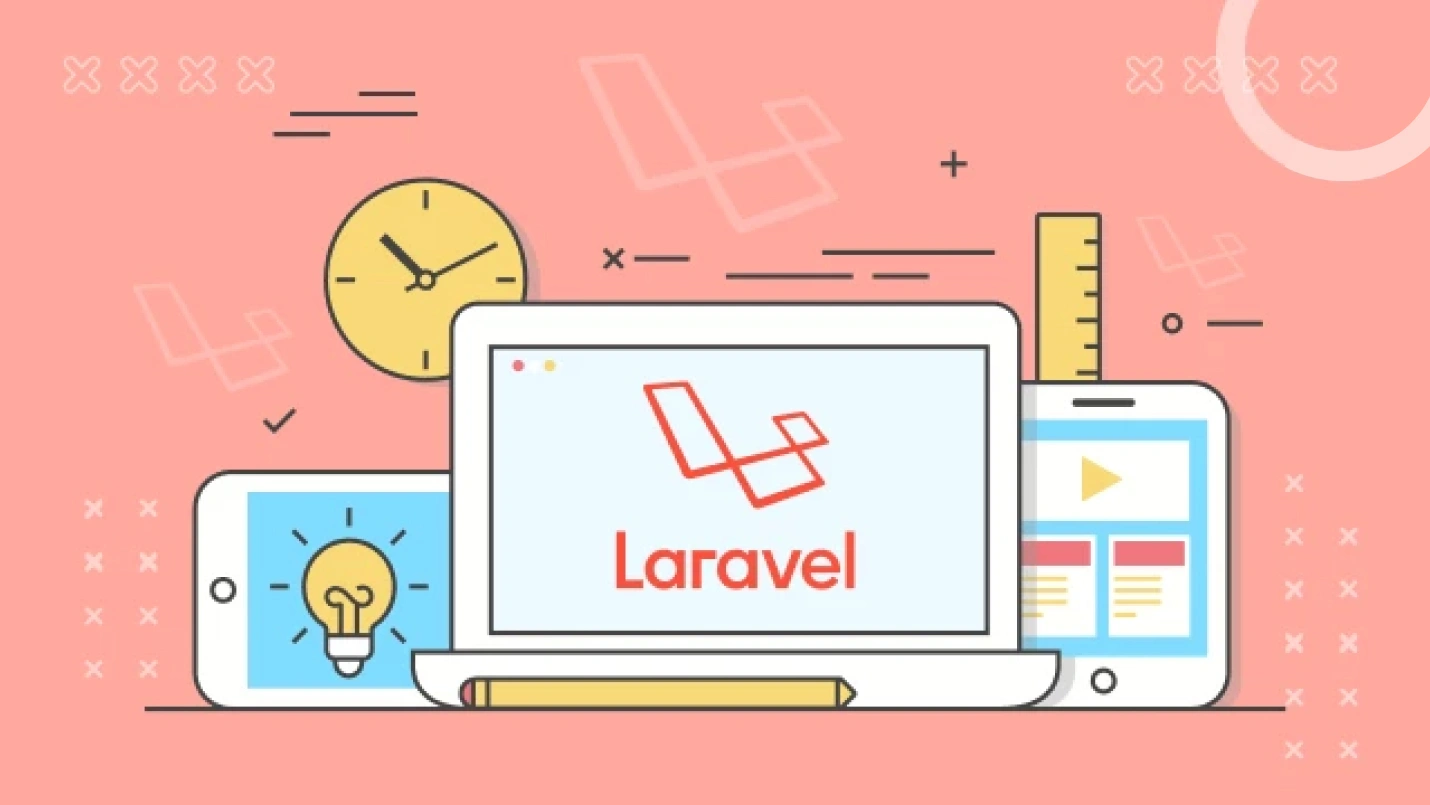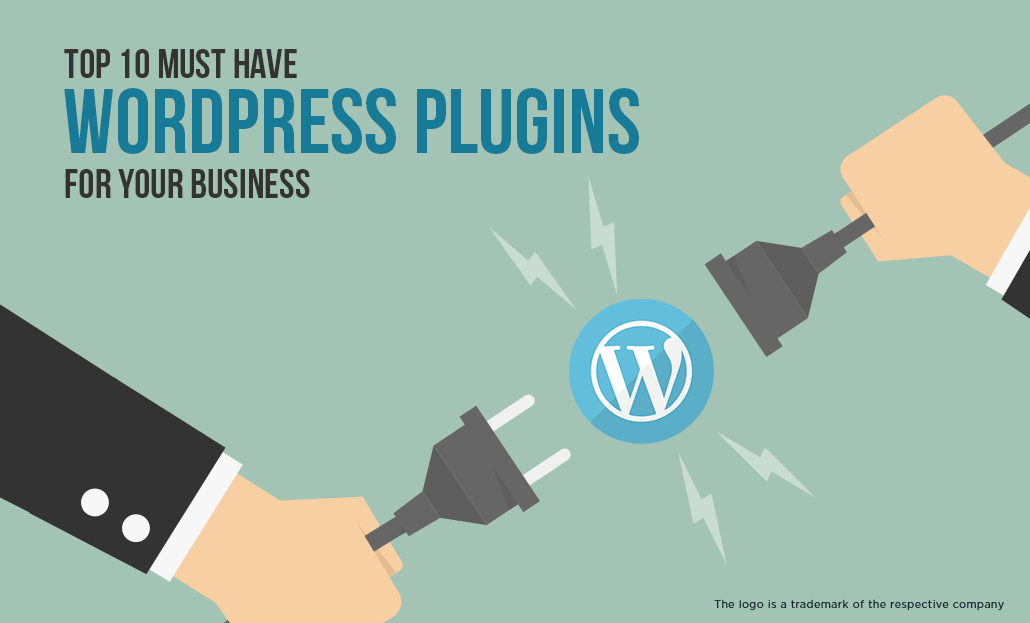Why Compare PHP Frameworks? The Struggle is Real
Selecting the ideal PHP framework for your web project is similar to selecting the ideal instrument for a crucial task. If you do it incorrectly, you'll be left with bloated budgets, delays, or a website that can't keep up with your expansion. I've been there as a business owner, looking at a list of frameworks and wondering which one will work best for me. Despite being powerful PHP frameworks, Laravel, CodeIgniter, and Symfony are not interchangeable. To assist you in making a decision that increases revenue, simplifies processes, and improves your online visibility, this comparison delves into their advantages and disadvantages. Are you prepared to discover the ideal fit? Let's dissect it.
We have built innumerable web projects at Fykel's services, and we are aware that the framework you select can make or break your success. This guide will explain why Laravel frequently takes center stage, but we'll also give CodeIgniter and Symfony a fair shot, whether you're a startup founder looking to generate leads or a CTO seeking scalability.
Laravel: Features and Strengths That Shine
Laravel seems to have been designed with developers and entrepreneurs in mind. This PHP framework is a favorite for contemporary web development because it strikes a balance between power and simplicity. Here's why companies seeking to expand choose it.
Rapid Development for Faster Wins
Time is money, and Laravel helps you save a lot of it. Its tools, such as Artisan CLI for task automation, Blade templating for slick frontends, and Eloquent ORM for database administration, enable developers to create quickly without compromising quality. Because of Laravel's efficient workflow, I've witnessed startups go from concept to launch in a matter of weeks rather than months. Any business owner will be happy to hear that this speed will result in more leads and revenue sooner rather than later.
.webp)
Robust Security You Can Trust
Security is a lifeline, not just a catchphrase. With built-in safeguards like encryption, secure authentication, and CSRF tokens, Laravel keeps your app and user data safe. After a competitor's website was hacked, I once worked with a client who lost faith in me. They felt secure enough to rebuild and prosper thanks to Laravel's security features. This is revolutionary for companies that handle sensitive data.
Scalability That Grows With You
When your app becomes popular, what happens? Scaling is easy with Laravel's modular architecture and tools like Laravel Vapor. Without requiring you to rewrite code, Laravel can adapt from a scrappy MVP to a platform that supports thousands of users. At Fykel, we've assisted companies in smoothly scaling their Laravel applications while avoiding the hassles associated with tech debt.
Vibrant Community and Ecosystem
A wealth of packages, guides, and support can be found in the Laravel community. Development is made easier and less expensive with tools like Laravel Forge for server management and Laravel Nova for admin panels. It's difficult to overestimate the time and money savings this ecosystem offers, which is something that every business owner values.
CodeIgniter and Symfony: A Quick Overview
There are other players in town besides Laravel. Before making a choice, it's worthwhile to examine CodeIgniter and Symfony, each of which has advantages. Let's see what they have to offer.
CodeIgniter: Lightweight and Straightforward
The group's minimalist is CodeIgniter. It is quick, lightweight, and ideal for developers who prefer simplicity or for small projects. Because of its small size, it functions well on shared hosting, which is ideal for startups with limited funds. The catch is that it doesn't have Laravel's powerful features, such as an integrated ORM or sophisticated security tools. For small apps, I've seen CodeIgniter work incredibly well, but as your project gets bigger, it may feel restrictive.
Symfony: Power for Complex Projects
The heavyweight, Symfony, was designed for complex enterprise-level applications. It is popular for large-scale projects because of its adaptability and reusable parts. Let's face it, though: Symfony has a steep learning curve, and it can take longer to start a project. Symfony is a good option for companies that require a highly customized solution, but smaller startups may find it excessive.

Head-to-Head Comparison: Laravel vs. CodeIgniter vs. Symfony
Let's now compare these frameworks. I've been in rooms where developers vehemently debate which is their favorite, and to be honest, it's not always obvious. Here is how they compare in terms of performance, community support, and ease of use—all important considerations for any business owner.
Ease of Use: Getting Started Without the Headache
Here, Laravel triumphs thanks to its superb documentation and sophisticated syntax. Because developers can quickly learn it, projects will be completed more quickly and at a lower cost. Although CodeIgniter is also easy to use for beginners, its simplicity comes at the expense of less sophisticated features. Symfony? Strong but complicated, it works best for experienced developers but struggles under pressure. It's difficult to match Laravel's power and simplicity ratio for companies looking for rapid results.
Performance: Speed That Drives Results
Because of its lightweight design, CodeIgniter is the best option for raw speed, making it perfect for small apps or servers with limited resources. Although Laravel and Symfony are more complex, they maximize performance through caching and tools like Symfony's performance bundles and Laravel's query builder. When properly optimized, I've seen Laravel apps process thousands of requests per second, which is more than sufficient for the majority of businesses. Laravel excels for balanced performance, while CodeIgniter is the best option if raw speed is your top concern.
Community Support: Who’s Got Your Back?
There are a ton of packages, forums, and tutorials available in the large and vibrant Laravel community. Though less user-friendly for novices, Symfony boasts a robust, enterprise-focused community. The smaller and less active CodeIgniter community may result in fewer resources or slower updates. Businesses can save time and money by utilizing Laravel's ecosystem, which promotes innovation and quicker fixes. View our portfolio to see how we have used the Laravel community to achieve amazing outcomes.
Real-World Example: E-Commerce Platform
Consider that you are developing an online store. With Laravel, you would use packages like Laravel Cashier for payments, Blade for a sleek frontend, and Eloquent for product management—all of which would launch in a matter of weeks. CodeIgniter might have trouble with sophisticated features like subscriptions, but it could quickly set up a simple store. Although it would take longer and cost more, Symfony could manage everything. At Fykel, we developed a Laravel-based e-commerce platform that increased a client's sales by 30% in just two months, demonstrating the impact of the correct framework.
Conclusion: Choosing the Best Framework for Your Business
Which PHP framework is best for you, then? To be honest, it depends on your objectives. The simplicity of CodeIgniter makes it an excellent choice for small projects that require a lightweight, hassle-free solution. Symfony's flexibility is a powerful tool for complex, enterprise-level applications. However, Laravel offers the ideal mix of speed, security, and scalability for the majority of companies, particularly startups looking to expand, generate leads, and increase revenue.
At Fykel, we've witnessed Laravel revolutionize companies by providing cost-effective, superior web solutions that produce outcomes. Uncertain of where to begin? To discuss your next project, check out our services or send us an email at [email protected]. Together, we can create something that elevates your company to new heights.




